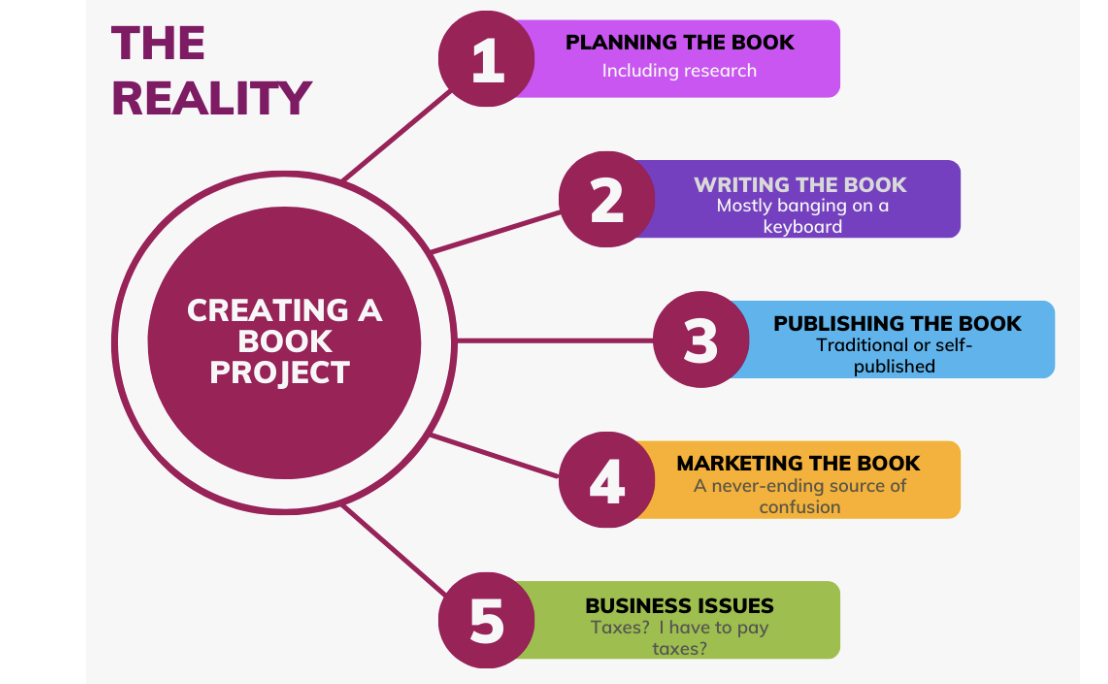
Hank's Place
Hey there, fellow book lovers!
Welcome to our new website, where we're diving into the exciting world of fiction writing, self-publishing, and book marketing. But here's the twist – we're also exploring how AI can be a game-changer for writers and authors.
Imagine having a smart assistant that helps you brainstorm ideas, polish your prose, or even help design characters and plots. That's what AI can do for you! We'll show you how to blend these cool AI tools with your writing process, making your journey from first draft to published book smoother than ever.
The best part? We're not just talking theory. We'll give you real, ready-to-use queries that you can plug into AI apps right away. Whether you're plotting your next bestseller, figuring out how to self-publish, or looking for clever ways to market your book, we've got you covered. Let's make your writing dreams a reality, with a little help from our AI friends!
Sign up and connect.
Creating a book is a complex project
Creating a book is a long-term, multiphase project. There are five phases to it: planning, writing, publishing, marketing and business.
I've been through this five phase project many times and I know what to do and how to do it. This graphic depicts the reality of creating a book.

This site will give you access to a wealth of information on all five phases.